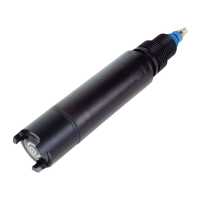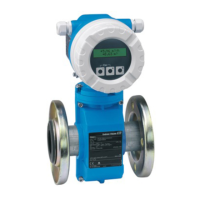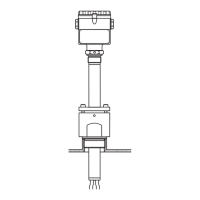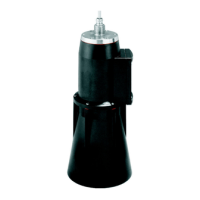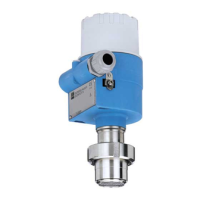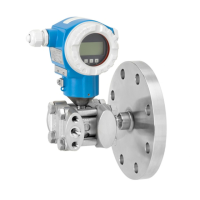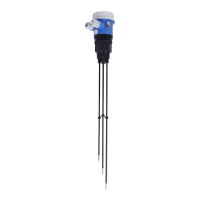Basic safety instructions Oxymax COS22
4 Endress+Hauser
2 Basic safety instructions
2.1 Requirements for personnel
• Installation, commissioning, operation and maintenance of the measuring system may
be carried out only by specially trained technical personnel.
• The technical personnel must be authorized by the plant operator to carry out the
specified activities.
• The electrical connection may be performed only by an electrical technician.
• The technical personnel must have read and understood these Operating Instructions
and must follow the instructions contained therein.
• Measuring point faults may be repaired only by authorized and specially trained
personnel.
Repairs not described in the Operating Instructions provided may only be carried out
directly by the manufacturer or by the service organization.
2.2 Designated use
The oxygen sensor is suitable for continuous measurement of dissolved oxygen in water.
The specific suitability depends on the sensor design:
• COS22-*1 (standard, measuring range 0.01 to 60 mg/l)
– Measuring, monitoring and regulating the oxygen content in fermenters
– Monitoring the oxygen content in biotechnology facilities
• COS22-*3 (trace measurement, measuring range 0.001 to 10 mg/l, preferred
operational range 0.001 to 2 mg/l), also suitable for high CO
2
partial pressure
– Monitoring inertization equipment in the food industry
– Monitoring the residual oxygen content in carbonated fluids of the beverage industry
– Trace measurement in industrial applications such as inertizations
– Monitoring the residual oxygen content in boiler feedwater
– Monitoring, measuring and regulating the oxygen content in chemical processes
NOTICE
Molecular hydrogen
Hydrogen causes sensitivity in other substances and leads to false low readings or, at the
worst, total failure of the sensor.
‣
Only use the COS22-*1/3 sensor in media free of hydrogen.
Use of the device for any purpose other than that described, poses a threat to the safety of
people and of the entire measuring system and is therefore not permitted.
The manufacturer is not liable for damage caused by improper or non-designated use.
2.3 Occupational safety
As the user, you are responsible for complying with the following safety conditions:
• Installation guidelines
• Local standards and regulations
• Regulations for explosion protection
Electromagnetic compatibility
• The product has been tested for electromagnetic compatibility in accordance with the
applicable European standards for industrial applications.
• The electromagnetic compatibility indicated applies only to a product that has been
connected in accordance with these Operating Instructions.
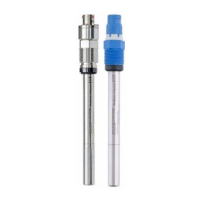
